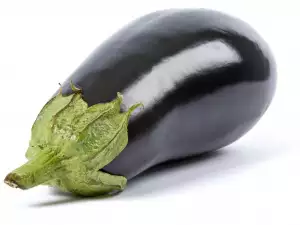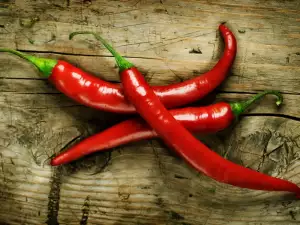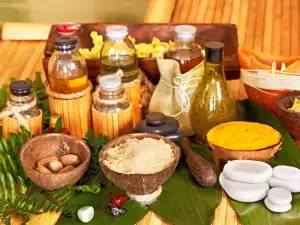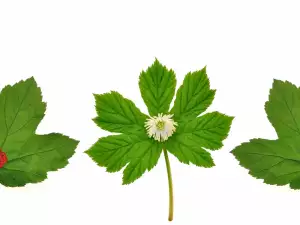Alkaloids are natural nitrogenous substances that have a physiological effect on the human nervous system.
Alkaloids are usually derived from amino acids. There are several thousand known alkaloids, some of them highly toxic. The greater part of alkaloids are highly bitter tasting.
Alkaloids were the 1st substances of plant origin where nitrogen was found. Before that it was believed that that element was found only in organic substances of animal origin. Alkaloids are produced by the plants themselves to protect them from various insects.
Some alkaloids are incredibly poisonous but have healing properties in small doses.
Types of Alkaloids
Generally, alkaloids are divided into 4 main groups:
Tropane alkaloids - they have a potent narcotic effect;

Steroidal alkaloids - these are solanine, piperine, tomatine, capsaicin. They are found in some of the most consumed vegetables;
Pyrrolizidine alkaloids - they are medicinal;
Indole alkaloids - are also medicinal.
From a diet standpoint, steroidal alkaloids are the most significant.
Sources of Alkaloids
Some of the tastiest vegetables that we include in our menu every day are our main sources of alkaloids. These are potatoes, tomatoes, peppers and eggplants.
The amount of solanine per 3.5 oz (100 g) of vegetables are as follows: 2-13 mg in potatoes; 6-11.33 mg in eggplants; 7.7-9.2 mg in peppers. Potatoes, tomatoes, eggplants, sweet and chili peppers contain alkaloids that affect neuromuscular functions and digestion.

They can also have detrimental effects on the joints. Luckily, the amount of alkaloids in these products is so small that everyday consumption won't negatively affect the body.
When heat treated, the alkaloid levels in these vegetables fall by 40 to 50%.
Solanine is a glycoalkaloid found in sprouted potatoes or ones that have laid out in the sun. It can cause severe poisoning, so it's best to throw out such potatoes. Bitter tasting potatoes indicate a serious presence of alkaloids in them.
Piperine is another alkaloid, this one giving peppers their spicy taste. It stimulates resveratrol action, stimulates thermogenesis and speeds up human metabolism to a small degree. In greater doses it can create small ulcers in the stomach.

Nicotine is the next alkaloid that deserves to be mentioned. High concentrations of it are found in tobacco, while small amounts are present in tomatoes and eggplants.
Its quantity in these vegetables is minimal but side effects can be seen in people who are nicotine intolerant.
Dangers of Alkaloids
The above mentioned alkaloids are considered to cause damage to joints but there is no categorical proof of this claim as of yet. There are studies according to which these alkaloids take the calcium from the bones and redirect it to dissolve in the soft tissues.
As a result of these data, researchers recommend eliminating potatoes, tomatoes, eggplants and peppers from the diets of people with osteoporosis, rheumatoid arthritis and other joint problems.
If suffering from joint issues, leave these vegetables out of your diet for 2 to 3 weeks. This may give you an answer as to whether these products negatively affect your joints.
Since potatoes pose the highest risk in regards to alkaloids due to the content of solanine in them, be particularly careful when storing them.
If you have to store them longer, leave them in a dark and cool area; wash them very well prior to cooking; thoroughly cut away any sprouts or best just throw away the whole potato. If the already cooked potato has a bitter taste, don't eat it.
















Comments